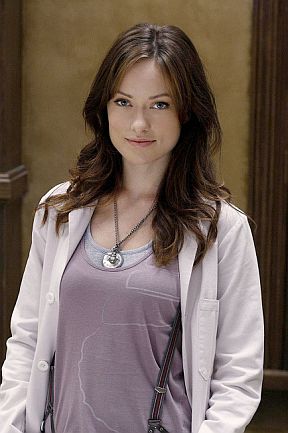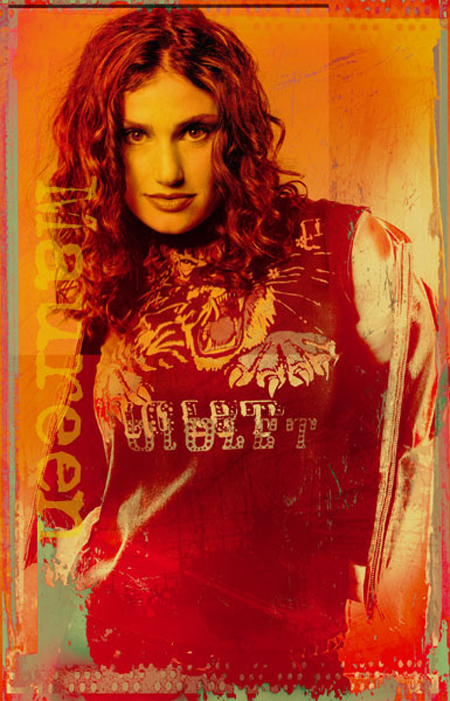
Since we talked about her love interest on the show, I felt that it was only fair to discuss Dr. Callie Torres. Callie was, of course, involved with another woman doctor named Erica. At the beginning of the show, however, Callie was involved with George, a male doctor, whom she eventually marries. After their marriage fails because of George's infidelity, Callie discovers that she is having sexual feelings towards Erica. They start to have a serious relationship until Erica abruptly leaves the show.
It's sad that Callie's lesbian relationship had to be written out of the show, but at least this was the first show that had two main women characters having a romantic relationship. Other shows that involve a lesbian or bisexual woman show the woman in a relationship with a character that is only on the show for a few episodes, if that. Callie satisfies that stereotype that a lot of women "turn gay" after a man betrayed them. I'm not sure if Callie ever had feelings for women before George cheated on her because I am not an avid watcher of this show. I wish that her character had started off being interested in women so as to break away from this stereotype, but I understand that this does add a surprise element to the show which is sure to attract viewers. Along with Santana, Alex and Joanne (Tea is Italian, so I'm going to classify her as "white"), Callie breaks the mold because she is a gay woman of color. As you might have notice, 6 out of the 10 women that I have posted about are white. This is because I strictly thought of lesbian/bisexual women of color to write posts about. I didn't want to contribute to the stereotype that all lesbians/bisexuals are white women by writing about mainly Caucasians. I think this shows how the media only wants to show the lesbian relationships of white women, for some reason. This might make it harder for real lesbian/bisexual women of color to admit their homosexuality because they aren't familiar with other non-white women "coming out". Because she is a woman of color, I think that Callie is a very good example of how some characters on TV can positively influece gay women. A Latina or African American woman might watch Grey's Anatomy and realize that there are women of color out there that are lesbians/bisexuals. This character provides hope and inspiration for many gay women, both white and non-white.





